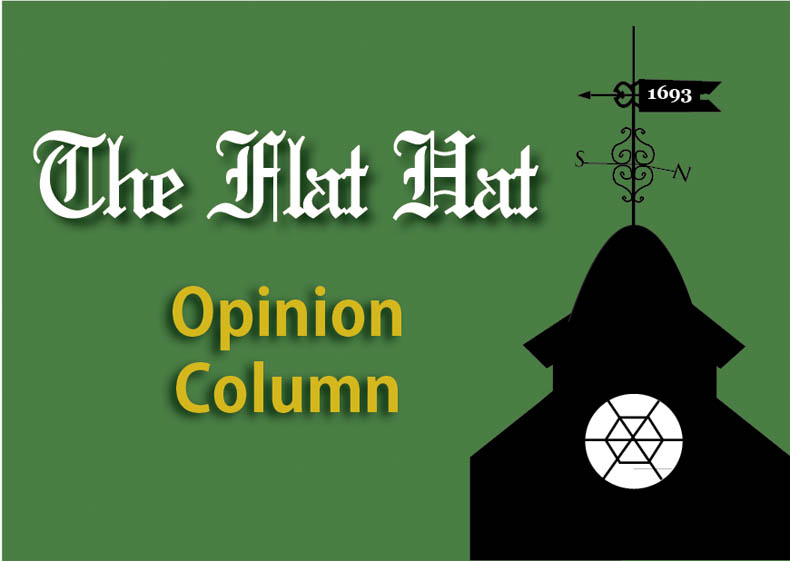While the College of William and Mary may be known for its focus on the humanities, the College and the Virginia Institute of Marine Science conduct a significant amount of scientific research. Due to questions of ethics, however, scientific research is being heavily criticized.
Recent cases of restrictions placed on scientists conducting studies involving viruses such as the bird flu bring to light the issue of knowledge versus safety. As a society, we are obsessed with learning more, pushing the limits of our technology, and using science to develop new ways to understand and advance. At some point, we must realize that although our intentions may be good, what we are developing could be incredibly destructive if placed in the wrong hands. I think it is this fear that drives people to take action limiting important scientific research. Fear is a strong emotion that can dominate human decision-making. However, giving into that fear excludes the possibility of continuing research that could prevent millions of deaths in the future.
One specific example of this controversy is the recent 60-day halt of bird-flu virus research being done by the world’s leading virologists. The main reason for the halt was the biosecurity concerns of a federal panel from the National Institutes of Health. Researchers in two laboratories had engineered the bird flu virus to make it more transmissible through the air among mammals in order to measure the dangers of a pandemic. This research offered new insight to the bird flu: Only a few mutations were necessary for the flu to become more easily transmissible, which could cause millions of human deaths. Federal organizations are concerned about what could happen if such information was obtained by terrorists and used as biological warfare. During the halt, they hope to form an international forum to debate these issues. This would probably fall under the World Health Organization. While I agree that this is an international issue and that there should be standards set for the protection of research findings, I am afraid that getting bogged down in bureaucratic efforts could delay extremely valuable research. The only possible outcome of the 60-day halt is such a forum. I am concerned about stopping research for too long and wasting valuable time that could be spent conducting research that could affect the outcome of potential future pandemics.
In response, a group of 39 scientists has published a joint statement in which they explain that while they understand the concerns, there are proper controls and security in place to avoid the dangerous possibility of terrorists using their work. I certainly believe there are already a good number of protective measures in use. The fear of valuable, dangerous information getting into the wrong hands is not a new phenomenon, and I am sure there have been efforts thus far to ensure the security of viral research.
That being said, it never hurts to stay up to date with the latest technology. Keeping up with terrorists’ efforts to obtain such volatile information for their own destructive purposes is an incredibly important aspect of researching viruses. But while this halt may serve as a reminder that whatever measures are in fact being taken must be constantly updated, I disagree with completely shutting down this type of research. The benefits of the research in this situation clearly outweigh the risks. The bird flu kills 60 percent of infected humans. A mutation like the aforementioned one could kill millions, especially if no research had been previously conducted regarding how best to counter it and prevent it from spreading.
This is the bottom line: While terrorists taking control of this research is a real, tangible threat, it is a threat more easily protected against than the threat of our own ignorance of the science behind these viruses.

